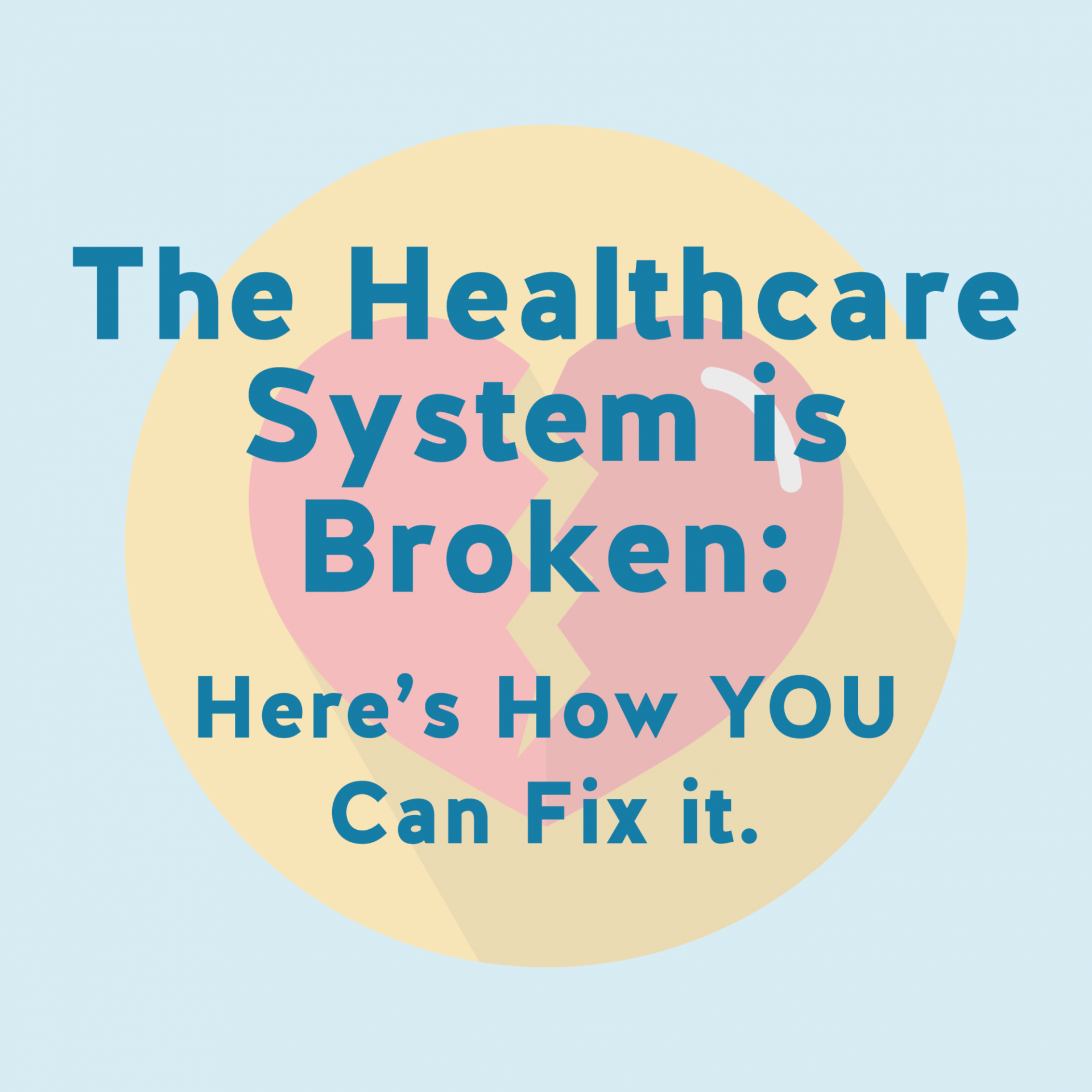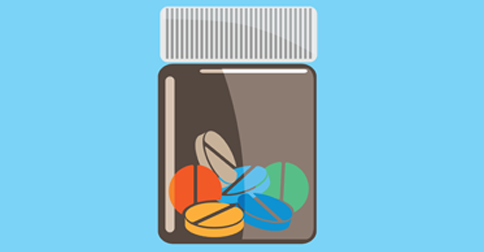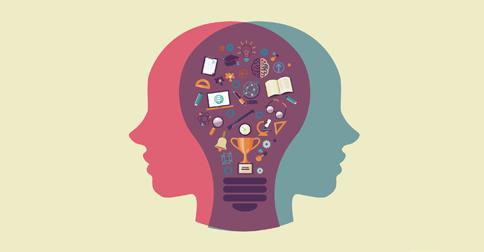The Health Care System is Broken: Here’s How YOU Can Fix It.
By Michael Dangovian
July 27, 2016
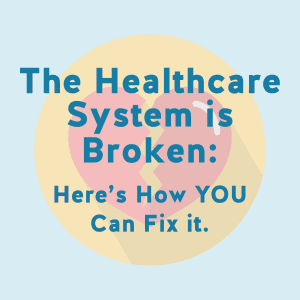
Forgive me for a moment, while I wax philosophic. Stay with me. It’ll get good a second, I promise
In his Nicomachean Ethics, the Greek philosopher Aristotle (d. 322 BC) spends a good chunk of time wondering about ‘the supreme good for man.’ What he’s looking for here is this: What’s the best way to live? As humans, what’s our purpose on this earth?
Aristotle begins this question by looking first to the end. He looks at purpose.
And when you determine the end goal of something, that gives you a path back to understand what makes that thing meaningful.
For example, he looks at a knife. What’s a knife’s main reason for existing? Answer: To cut.
Then he takes a look at medicine: What’s the purpose of medicine? His answer: Good health.
Which makes sense, right?
Except today, that last example doesn’t apply. Our medical system—and healthcare in general—no longer serves its purpose.
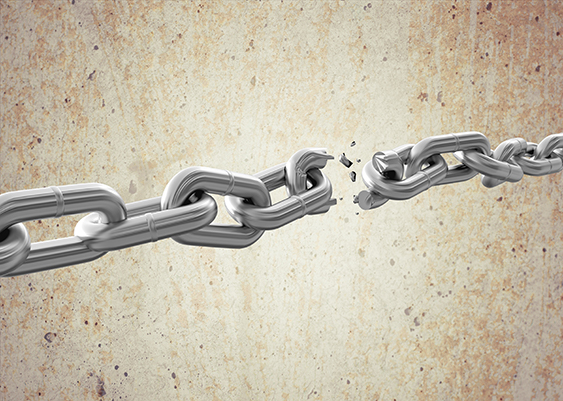
Hospitals, for example, exist to keep us healthy, right?
General practitioners are there to make sure we don’t get sick, right?
The answer to both is a resounding NOPE.
Maybe both those things were true at some point, but take a look around you. Take a good hard look at your own health journey. The system, without question, is broken. And broken badly.
There’s a good chance that if you’re reading this, you’re not exactly at optimum health. Maybe you have a chronic disease. Maybe you’re on the doorstep of one. Maybe you’ve just hit the point where your body has begun breaking down, and your main excuse for this is: “Isn’t that just what happens when we age? Isn’t that just the norm?”
I’m here to tell you two things:
One, that along with a broken healthcare system, an overwhelming majority of Americans are broken when it comes to our health.
And two: It’s not your fault.
Let’s go back to Aristotle’s goal for what medicine should be again. He says that medicine’s main reason for existing in the first place is to promote health.
Does that sound like the current healthcare system in America?
No, it doesn’t.

THE DIFFERENCE
And here’s why: When Aristotle talks about medicine, he’s talking about a proactive, preventative style of keeping you healthy. Most doctors and surgeons today see their jobs as REACTIVE. They’re there when a lifetime of poor health choices have finally caught up with you.
They’re there to swap out your ticker when a lifetime of eating terribly has finally rusted every gear solidly in place.
They’re there to amputate your leg after decades of processed foods and refined sugar have wrecked shop to the degree that Type II Diabetes has moved in for good and made itself comfy.
They’re there when it’s essentially too late to get the train back on the rails. The cargo’s in the ravine, the passengers are screaming, and everything behind the coal room is up in flames.
This is not what medicine should be.
But again, this isn’t your fault. Not at all. You’ve been told by the medical community for years that if something is wrong, there’s a pill to fix it. You’ve been advertised to at every turn—television, the internet, radio—that consuming the worst possible foods is the best use of your money. You’ve been put in a situation—from kindergarten graduation on—where a toxic degree of stress is the norm.
You honestly didn’t know any better. And I’m not being patronizing here. I mean it: Practically every supposed health expert you’ve ever had a conversation with has guided you in the wrong direction. (And, to be fair, they’ve been led astray as well.)
Big business and the government itself have spent the last century telling us all the wrong things. What to eat, how to live, what our end goal as humans really is. We’ve all been indoctrinated to believe lies.
And one of those lies is that medicine is there to fix what’s wrong.
Which isn’t true. At all.
Here are some facts that, honestly, blow my mind:
American spends more than double of any developed nation in the world on healthcare. We’re currently 37th on the list for healthcare outcomes.
The third leading cause of death in the United States is mistakes in the healthcare system.
The fourth? APPROPRIATE use of prescription medications.
Let that last one sink in for a moment. APPROPRIATE USE.
It’s truly incredible how broken our system is.
Think about it this way:
The current healthcare structure, if it did what its stated purpose is, would destroy itself. It’s the classic definition of an oxymoron.
If the system were really there to CURE its patients, it would be out of business within a year. We’d have a country full of happy, healthy people, sure, but they’d have a lot of angry shareholders.
You don’t have to think very hard about where there system itself comes down on the issue: How much money do medical facilities make if they PREVENT a heart attack?
The healthcare system, as it stands now, is focused on finding things to TREAT, not cure. It should be called “Sickcare,” not “healthcare.” There’s a reason why we are currently living in the ultimate “there’s a pill for that” culture.
And remember, this is coming from inside the system: I’m a practicing cardiologist. I’m not yelling from the mountaintop here. I’m inside the system.
So, I see the problems more acutely than most.
The opposite side of that, however, is that I also see—just as clearly—the solution to all of these problems.

THE SOLUTION
The fix for this problem isn’t going to come from the government. It’s not even going to come from the medical industry.
It’s going to come from you, personally.
You’ve been taught from birth that your health is in the hands of your doctor. Or your local hospital.
The truth is that doctors serve a necessary function. Check-ups, for example, are a smart thing to get. Hospitals are the same: If you break a leg, hospitals and their emergency rooms are a great thing to have easy access to.
But they don’t own your health. YOU DO.
The solution to fixing the healthcare system is for each of us to take responsibility for our own health—and start today to change the habits that are killing us (some slowly, some rapidly.)
You are an advocate for your own health. You can choose to begin to change your diet (baby step by baby step). You can choose to begin to cultivate awareness. You can choose to create new habits that will not only stave off illness in the future, but also begin to reverse the illnesses you are needlessly suffering with now.
That’s how we fix the system.
And don’t get me wrong: It’s not going to be easy.
But that doesn’t mean it isn’t attainable.
If I had the chance to take the steering wheel on the future of the healthcare system in this country, my first step would be putting in place a way to educate people about what true health really looks like, and how so many small choices in someone’s twenties can prove either disastrous or life-giving decades later. So much importance lies in those small decisions.
But because we’ve spent our lives being told—wrongly— how to eat, how to live life, what to spend our time doing… many of us have lost the thread.
That’s what education does. It shows you the whole ball of yarn. And once you see how everything is connected, making good health choices becomes levels of magnitude easier.
This is what we do at the Wellness Training Institute. We give you the information, the tools, and the support you need to become an advocate for your own health.
The healthcare system is broken. But that doesn’t mean YOU have be.
It’s time to get proactive.

